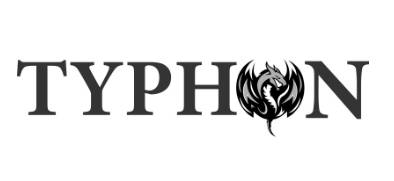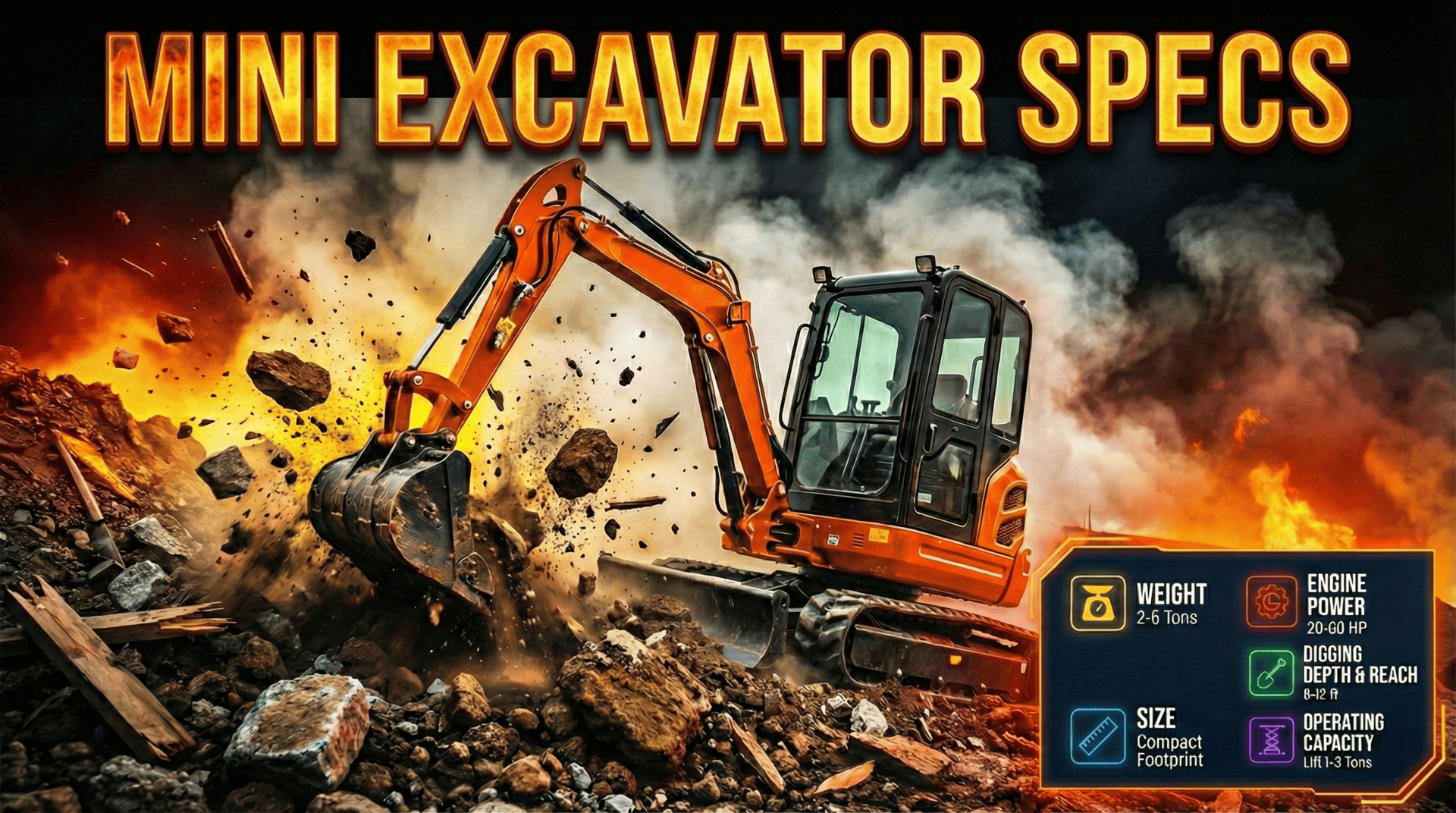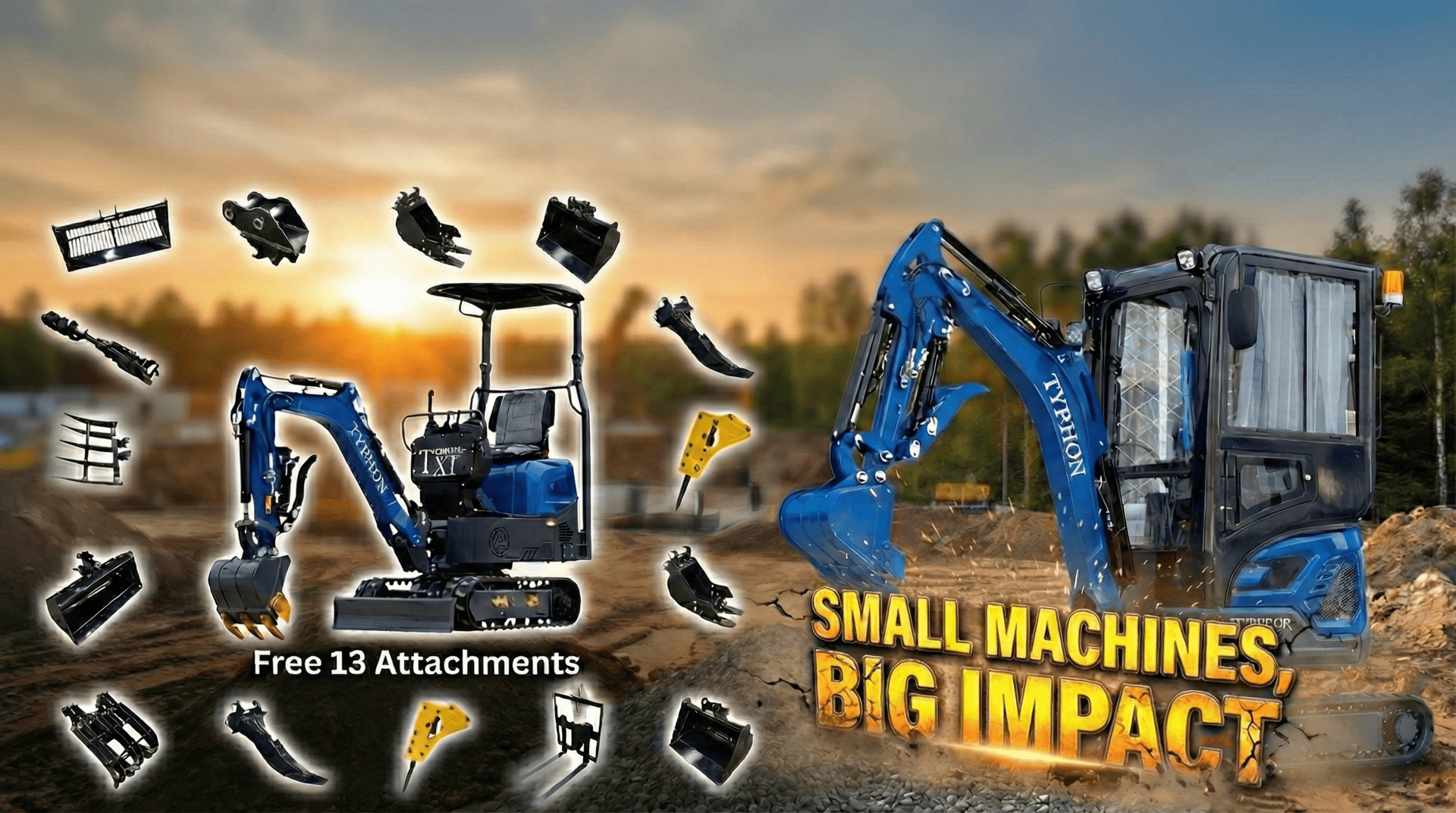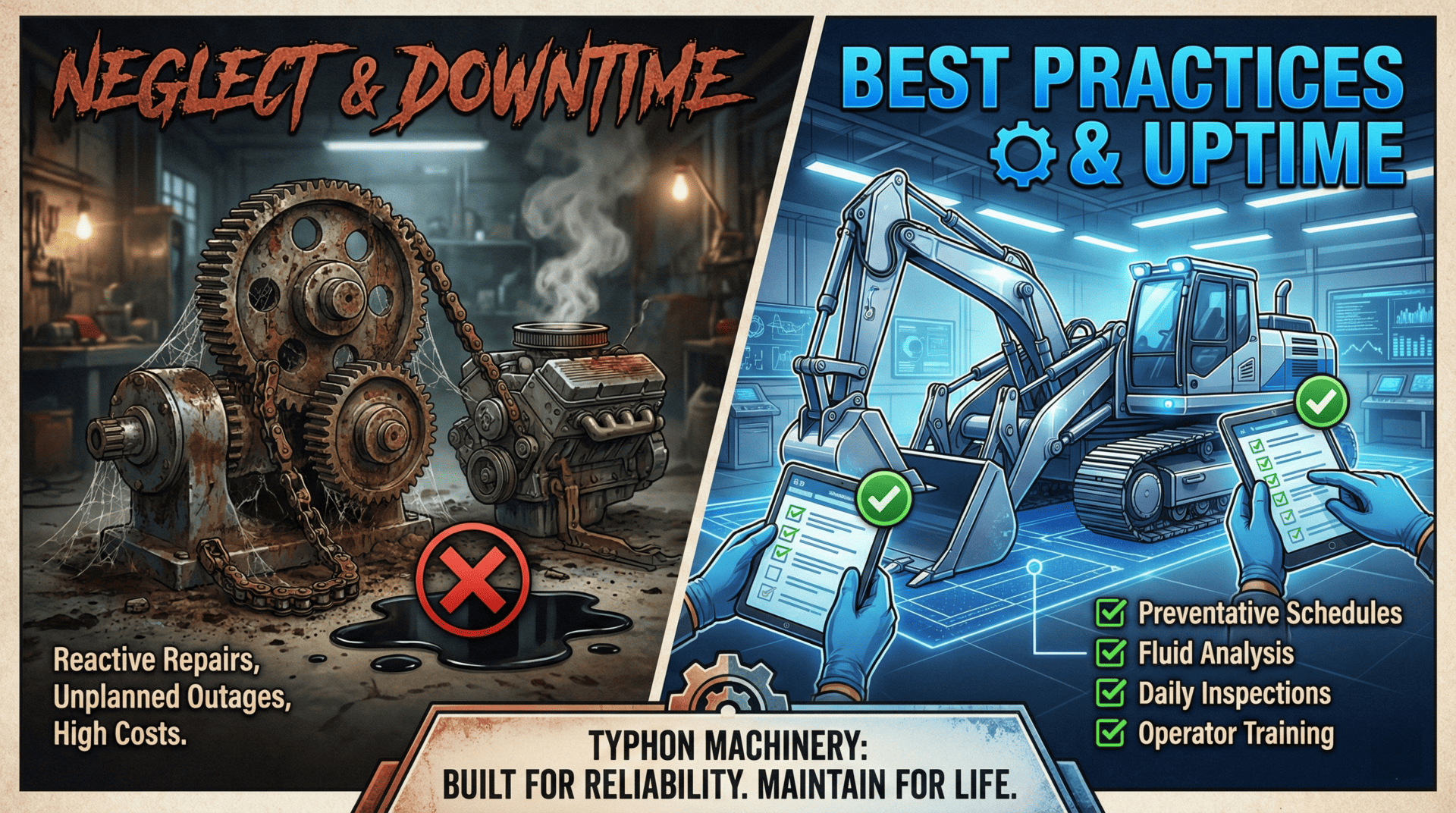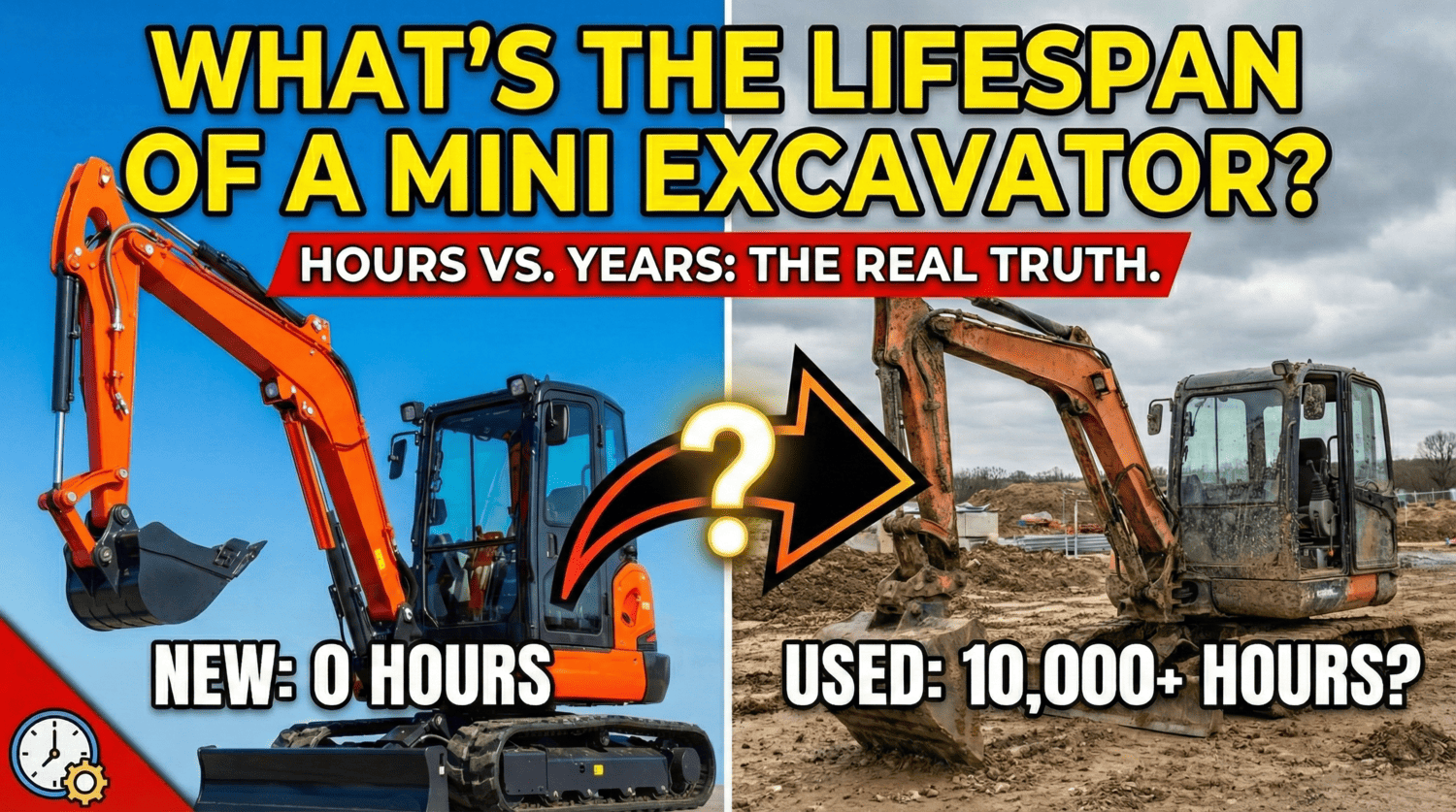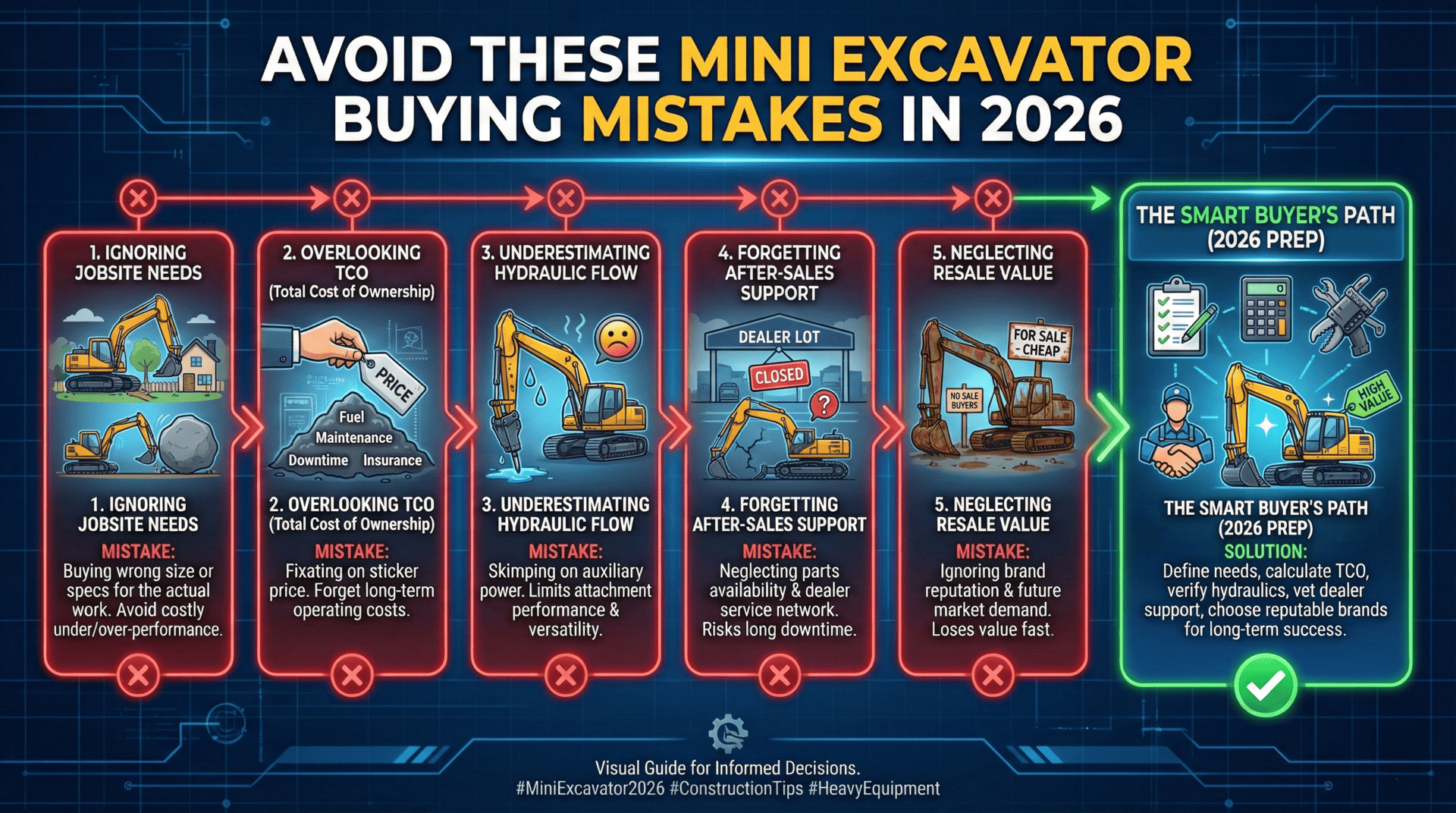Understanding these impacts and taking preventive maintenance measures can extend the life of hydraulic tools and reduce costly downtime. In this article, we explore how different environmental conditions influence hydraulic tool operation and provide essential maintenance tips to keep them in peak condition.
Hydraulic torque wrenches, cutters, crimpers, and comparable tools are favorably effective pieces of equipment that can be verified to be priceless additions to the contemporary contractor’s toolbox. Yet, their size and effectiveness do come at a cost — they need reasonable care and maintenance to operate at their finest significance.
Here’s what you must know.
Be Wary of Extreme Cold
Hydraulic hoses are prone to cracking whenever they are bent in freezing temperatures. This can cause a lot of problems if you are out of a job zone when this happens, and it can grind your total operations to a halt depending upon which hydraulic tool you are utilizing.
To control hydraulic hoses from cracking in the cold, it is essential to apply the right lubricants before the weather begins to drop. Also, when turning on your machines in cold temperatures, have the hydraulic oil reach temperatures of 150 degrees Fahrenheit (66 degrees Celsius) or more before starting operations.
Use Hydraulic Tools As the intended rig
One of the most significant causes of hydraulic tool failure is inappropriate use. These are positively specialized pieces of equipment and as such should not be utilized on varied work tasks.
For instance, the misuse of a hydraulic tool to hammer or pry something may appear as a prominent example, our team at Typhon continues to see this as the reason a particular tool has failed and needs restoration and reconditioning. occasionally workers will install extension handles to enhance the tool’s performance. Regardless, these handles place unexpected stress on the machine and cause premature problems.
The most difficult situation, however, is when the operator of a hydraulic tool utilizes it in a similar but vastly various work condition from what it was designed to manage, such as when an operator tries to use a soft-metal hydraulic cutting tool to cut through a hard metal like a reinforcement bar. Trying to do this won’t just drive tool failure, but it often also, because the tool was not prepared for such heavy metal use, causes individual pieces to shatter and break away.
Execute Regular Equipment Cleaning — Especially After Dirty Work Requirements
Job zones are infrequently pristine. Whether you are working in manufacturing or building, dust, dirt, and oil kick-ups are typical work conditions you and your operators encounter. While hydraulic torque devices and similar equipment were prepared to handle such dirty work requirements, they must be adequately cleaned following such use to guarantee they keep up their normal operations.
Most hydraulic tools are pushed for their ability to withstand harsh work conditions, such as being pushed in a salt-spray chamber to guarantee they can withstand a minimum of 24 hours. But just because they have handed in such rigorous evaluations doesn’t mean you enjoy pushing them to do so.
Always cleanse your company’s tools after every use and pay particular attention to routine supervision following their use in powerful work conditions such as being exposed to salt spray.
Suggested maintenance steps include:
Every time, wipe clean the hydraulic associations before inserting them into any head or pump to contain sand and grit transference.
After use, clean the hydraulic head with a non-petroleum solvent to keep it tidied and free of any contamination. While dirt won’t damage the hose itself, it can generate problems if it gets down to the cylinders, pumps, and valves.
Adapting to various weather and work conditions is crucial for maximizing the efficiency and lifespan of hydraulic tools. Regular maintenance, proper storage, and using high-quality hydraulic fluids can make all the difference. By staying proactive, operators can ensure their hydraulic equipment remains reliable and performs optimally, no matter the conditions.
At Typhon Spares & Parts, we offer premium hydraulic parts designed to withstand extreme conditions and keep your machinery running smoothly. Whether you need replacement hoses, seals, or hydraulic filters, our top-quality spare parts provide the reliability and durability your equipment deserves. Upgrade your hydraulic tools with Typhon Spares & Parts—because tough jobs demand tougher components!
